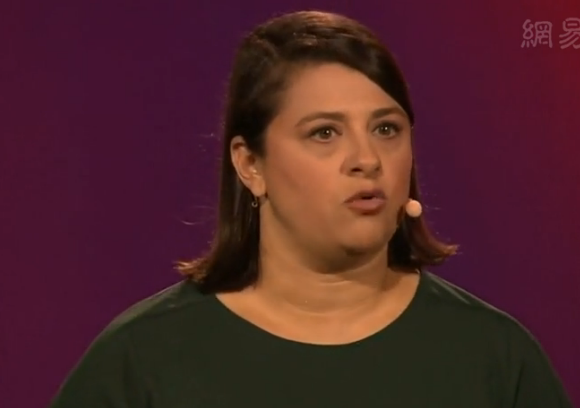The thing that I've been struggling with is why. Why do we agree on health?
我一直在糾結的是為什么。為什么我們在健康方面意見一致?
We agree on health because it is common sense.
我們對健康意見一致是因為這是常識。
We all know that the things we need to get healthy -- medicine and medical care
我們全都知道對我們健康重要的東西--藥物和醫療保健,
are not the things we need to be healthy, to not get sick in the first place.
不是我們保持健康需要的東西,是一開始就不生病。
But we also agree because of common experience.
但因為共同的經驗我們也同意。
In a study of 5,000 patients, 24 percent of the patients with commercial health insurance -- meaning, they had a job
在對5千位病人的一項研究中,24%的病人有商業醫療保險--這意味著,他們有工作,
still ran out of food or struggled to find housing or transportation or other essential resources. Twenty-four percent.
但他們仍然缺乏食物或者很難找到住房或者交通,或者其他重要的資源。24%。

And we saw the same thing in our focus groups.
我們也在我們的焦點小組中看到同樣的事情。
Nearly every voter knew what it meant to struggle, either themselves or their families or their neighbors.
幾乎每個投票人都知道掙扎意味著什么,不是他們自己就是他們家人或者他們的鄰居。
One of those white Republican women in Charlotte was a waitress struggling to stay awake with an enormous Big Gulp soda.
其中一位夏洛特的白人,共和黨女性服務員,用一大杯蘇打水努力保持清醒。
She just looked exhausted. And she was.
她看起來精疲力盡。她確實如此。
She told us that she worked two jobs but still could not afford a membership to the Y,
她告訴我們她打兩份工作,但仍然無法負擔得起Y的會員,
but it was OK that she couldn't go to the gym, she said,
但她說,不能去健身房,這沒問題,
because she also could not afford gas and walked 10 miles to and from work every single day.
因為她也支付不起油費,每天走10英里路上下班。











